
All Related Articles

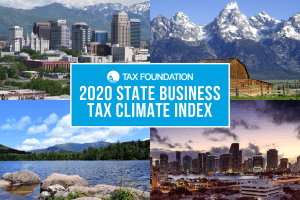
2020 State Business Tax Climate Index
Connecticut, California, New York, and New Jersey rank lowest in our 2020 State Business Tax Climate Index, which compares states on more than 120 tax policy variables to show how well they structure their tax systems and to provide a road map for improvement.
20 min read

Improving the Federal Tax System for Gig Economy Participants
Advances in technology have enabled workers to connect with customers via online platform applications for work ranging from ridesharing to home repair services. The rise of gig economy work has reduced barriers to self-employment, bringing tax challenges like tax complexity and taxpayer noncompliance.
32 min read
States Move on Recreational Marijuana
5 min read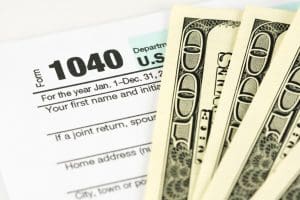

UK Taxes: Potential for Growth
3 min read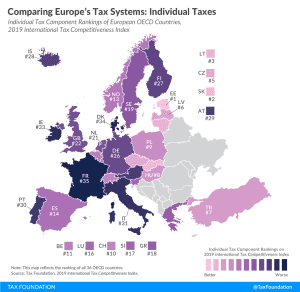

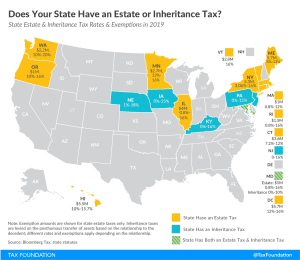


The Home Mortgage Interest Deduction
20 min read
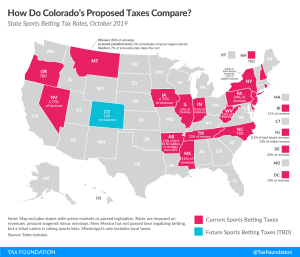

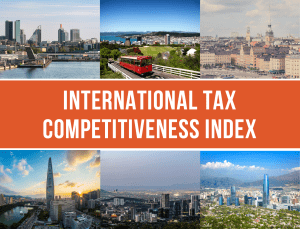
International Tax Competitiveness Index 2019
Our International Index compares OECD countries on over 40 variables that measure how well each country’s tax system promotes sustainable economic growth and investment.
11 min read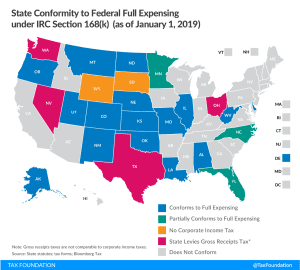

Booker’s Plan to Eliminate Step-up in Basis and Expand the Estate Tax
Removing step-up in basis would encourage taxpayers to realize capital gains and it would plug a hole in the current income tax, while increasing federal revenue. Combined, however, with the estate tax, this would result in a significant tax burden on certain saving by requiring both the appreciation in and total value of transferred property to be taxed at death
2 min read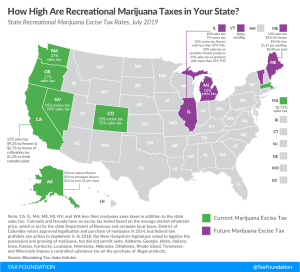
Marijuana Revenues Could Take a Hit
3 min read
Senator Sanders Proposes a Tax on “Extreme” Wealth
Bernie Sanders recently became the second major Democratic presidential candidate to propose a wealth tax.
2 min read